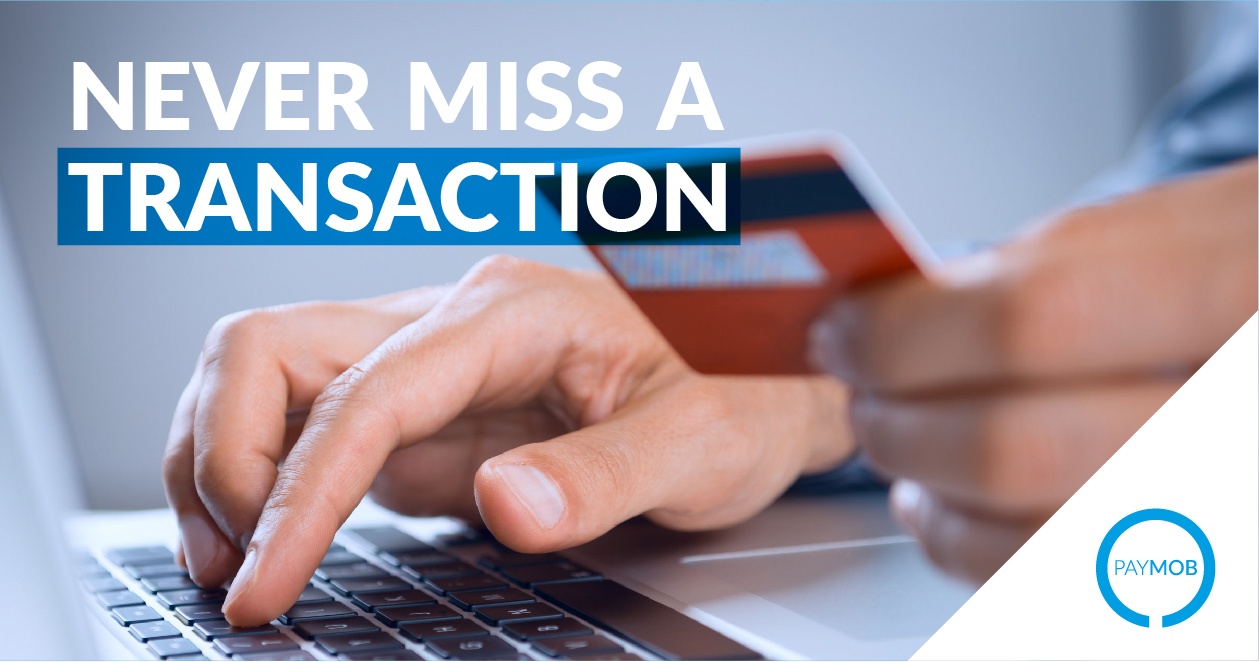Going cashless in Egypt with Paymob

It is no secret that cash and informal transactions are still the norm in Egypt.
Cash transactions account for 40 percent of the Egyptian economy. Globally, 60.7 percent of transactions were cashless in 2014. So the question is, how does Egypt plan to go from informal to formal economy?
The 2015 Africa Competitiveness Report revealed Egypt to be lagging behind when it comes to the maturity of the banking sector. Egypt was ranked 129 and 126 out of a total of 144 countries in terms of the availability and affordability of financial services respectively.

Egypt’s fintech startups are rising to the challenge of putting the ‘less’ in cashless, especially Paymob since announcing itself as a patent pending one-stop-shop for payments acceptance in Egypt.
This platform focuses on eliminating operational hassle for vendors and users, as well as payment service providers.
It also relies heavily on offering a mobile wallet of sorts by working with major mobile service providers in the country to cash in on mobile penetration rate that stands at more than 50 percent.
According to the Making the transition to a cashless economy report released in February 2016, Egyptian users aren’t able to use these solutions primarily due to a lack of awareness and knowledge of global commerce mechanisms; lack of data security mechanisms; concern over the disclosure of personal information; and fear of disclosing financial transactions.
Paymob seems to be aware of these challenges and is currently streamlining every hiccup along the road to make Egypt more financially inclusive.

Alain El Hajj, cofounder and COO of the relatively new startup told Wamda that “of course Egyptians still have a hard time trusting a non ‘bank-like’ institution when it comes to payments. But our biggest step towards getting that seal of approval was partnering with AAIB, one of the largest banks in Egypt and the region, as their technology provider.”
Streamlining payments without the normal obstacles, especially with the unbanked population here, is becoming a must and a challenge they would need to overcome, he added.
With over one billion Egyptian pounds in transactions happening throughout their system since launching in March 2015, Paymob certainly seems to be gaining the trust of mobile service providers, as well as the major banking institutions in Egypt.
With the three founders, going as young as 22, Paymob relies heavily on the younger generations seeking seamless transactions and payments, coupled with their desire to go cashless. “They [youth] are more in on the global trends and most of their transactions can be easily taken online,” said El Hajj, “hence their interest to link credit cards, debit cards and smart phones as payment methods”.
Bootstrapped until recently, Paymob received a round of investment from Egyptian investor A15 in early September.
With Paymob and other fintech startups already making viable products, is the Egyptian market truly ready to go this cashless so soon? Tarek Fahim, partner at Endure Capital thinks not. “There is a difference between ‘need’ and ‘want’ when it comes to innovation and startups in general. Egypt may be at the need stage but it is not yet close to the want stage.”
“Banking and finance are a tightly regulated sector which requires truly full stack startups that can provide exceptional services to the End Users, especially consumers not businesses,” he said.
This was echoed when Wamda spoke with some customers of a local bank: one customer signed up with Paymob.
One man said he had concerns about infrastructure and security. “How would I know if the money truly was transferred correctly and there must be some hidden fees I know nothing of,” he said.
A woman also expressed the same mistrust, citing cases of fraud and hacking of credit card databases. “I am not sure Egyptian banks can handle that much innovation yet,” she said.


